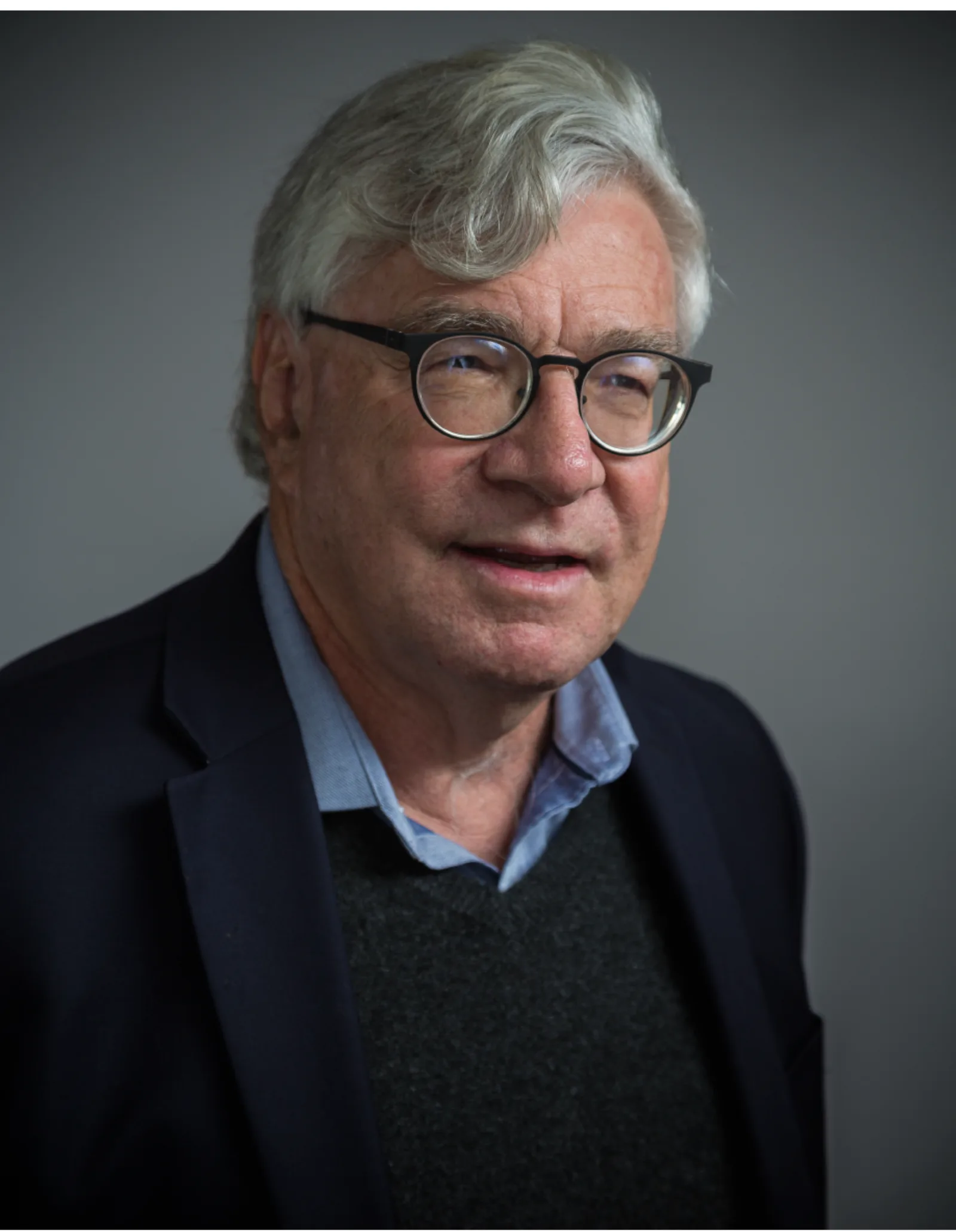Free Market Skepticism: The Industrial Policy and Reindustrialization Debate, Daniel Rowe, University of Oxford
Between 1980 and 1984, America’s political and economic elite engaged in a fierce debate over industrial policy. Academics and think tanks rushed to publish papers and books examining how other nations attempted to use subsidies and regulatory and trade policies to influence sectoral development, while organized labor and powerful business groups devised industrial policy proposals, and members of Congress hurried to schedule committee hearings and draft legislation. This paper explores the short-lived, but intense, moment in 1980s America in which elected officials, members of the business community, labor leaders, and academics made the case for economic planning and called for more, not less, federal government involvement in the marketplace.
Managing Trade with Japan: A Detour on the Road to Neoliberalism, Nelson Lichtenstein, UC Santa Barbara
Neoliberalism's multi decade success arose not merely because of its advocacy by a powerful cohort of bankers, hedge funds, and conservative elites. In a book I am now writing on Clinton Administration economic policy, I explore why many liberals, in and out of government, supported free trade, financial deregulation, and U.S economic hegemony. Key figures like Robert Rubin, Gene Sperling, and Larry Summers saw the growth of financial markets, both at home and abroad, as linked to unparalleled economic growth, racial and human rights liberalism, and the demise of a "crony capitalism" which preserved elite power in Southeast Asia and Latin America. The remarkable, if temporary, decline in unemployment and the growth in real wages during the 1990s, sustained their influence and the power of their ideas.
Respondent: Doug Rossinow, Metropolitan State University
